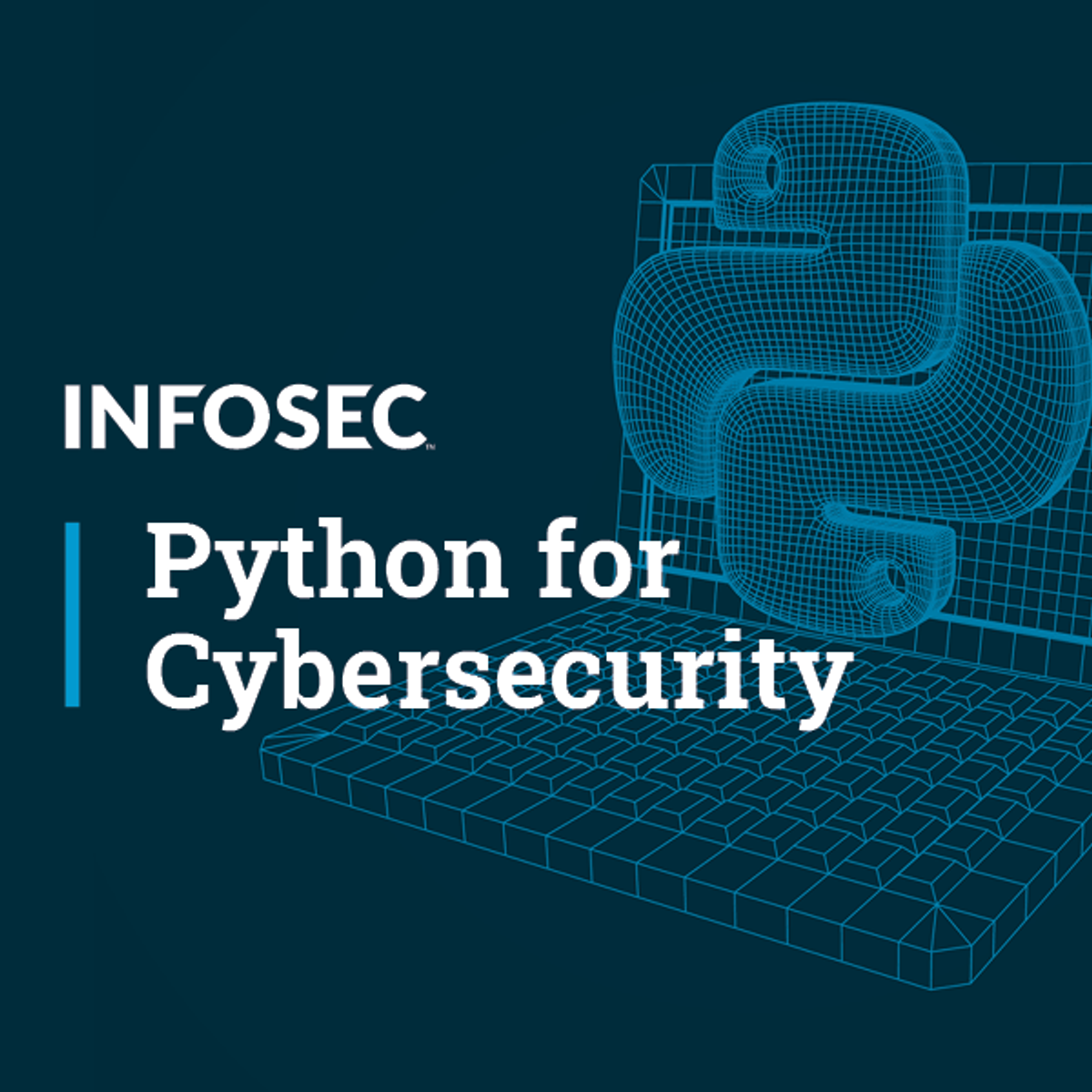
This course it the first part of the Python for Cybersecurity Specialization. Learners will get an introduction and overview of the course format and learning objectives.
What's inside
Syllabus
Introduction to Python for Cybersecurity
Python for PRE-ATT&CK
An exploration of Python for the PRE-ATT&CK matrix.
Read more
Syllabus
Good to know
Save this course
Reviews summary
Engaging cybersecurity introduction with python
Activities
Review Python Fundamentals
Show steps
Review the core concepts of Python programming before starting the course to refresh your memory and ensure a solid foundation.
Browse courses on
Python Basics
Show steps
-
Go over basic data types in Python (e.g., int, float, str)
-
Refresh your understanding of Python control flow (e.g., if-else, loops)
-
Review Python's object-oriented programming principles (e.g., classes, inheritance)
Show all one activities
Review Python Fundamentals
Show steps
Review the core concepts of Python programming before starting the course to refresh your memory and ensure a solid foundation.
Browse courses on
Python Basics
Show steps
- Go over basic data types in Python (e.g., int, float, str)
- Refresh your understanding of Python control flow (e.g., if-else, loops)
- Review Python's object-oriented programming principles (e.g., classes, inheritance)
Career center
Cybersecurity Analyst
Security Engineer
Network Security Engineer
Cloud Security Engineer
Penetration Tester
Information Security Manager
Security Researcher
Cyber Security Consultant
Computer Security Specialist
Information Security Analyst
Software Security Engineer
Chief Information Security Officer
Cybersecurity Architect
Security Operations Analyst
Data Security Analyst
Reading list
Share
Similar courses
OpenCourser helps millions of learners each year. People visit us to learn workspace skills, ace their exams, and nurture their curiosity.
Our extensive catalog contains over 50,000 courses and twice as many books. Browse by search, by topic, or even by career interests. We'll match you to the right resources quickly.
Find this site helpful? Tell a friend about us.
We're supported by our community of learners. When you purchase or subscribe to courses and programs or purchase books, we may earn a commission from our partners.
Your purchases help us maintain our catalog and keep our servers humming without ads.
Thank you for supporting OpenCourser.



